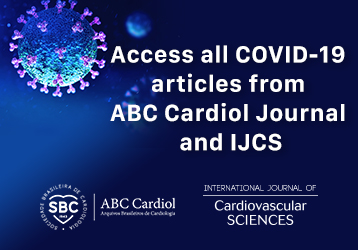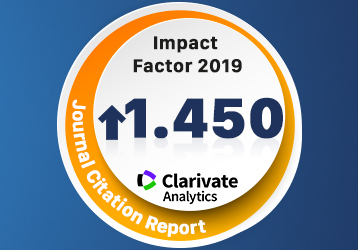Volume 111, Nº 4, October 2018
DOI: http://www.dx.doi.org/10.5935/abc.20180156
ORIGINAL ARTICLE
Predictors of Family Enrollment in a Genetic Cascade Screening Program for Familial Hypercholesterolemia
Pãmela Rodrigues de Souza Silva
Cinthia Elim Jannes
Theo G. M. Oliveira
Luz Marina Gómez Gómez
José E. Krieger
Raul D. Santos

Figure XX – Legenda Legenda Legenda Legenda Legenda Legenda Legenda Legenda Legenda Legenda .
Abstract
Background: Genetic cascade screening is the most cost-effective method for the identification of individuals with familial hypercholesterolemia (FH), but the best strategies for the enrollment of at-risk individuals in a FH screening program are not fully known.
Objective: The aim of this study is to identify the best predictors of familial enrollment into genetic screening, using features derived from tested probands.
Methods: One hundred and eighty-three index-cases (ICs) with a positive genetic result that had relatives screened from 01/2011 to 07/2015 were included. The response variable was the number of relatives for each enrolled IC. All variables in the study were based on ICs’ derived clinical and socioeconomical features. The effect size of predictor variables were obtained through a general linear model using a negative binomial regression link function. Significance was considered with a p < 0.05.
Results: Mean IC age when enrolling into the program was 50 years old; 78.1% of individuals reported knowledge of relatives with dyslipidemia. Mean baseline LDL-cholesterol level was 316 ± 90 mg/dL. Referral origin through the cascade program website vs. tertiary care, IC LDL cholesterol and familial history of high LDL-cholesterol levels were independent predictors associated with a higher number of enrolled relatives.
Conclusions: Our data suggest that FH cascade screening programs can predict family enrollment based on IC features. This information may be useful for devising better and more effective screening approaches for at-risk individuals. (Arq Bras Cardiol. 2018; 111(4):578-584)
Keywords: Hypelipoproteinemia Type II/genetics; Mass Screening; Dyslipidemias/genetics; Hypercholesterolemia; Genetic Testing; Cholesterol.















